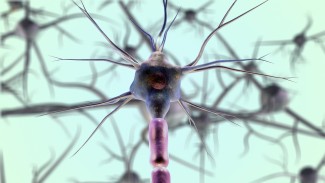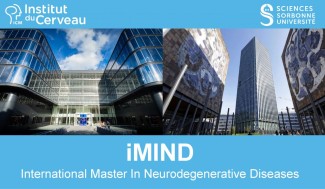
The application campaign for the iMIND - International Master in Neurodegenerative Diseases - Master 2 programme, will be open from March 28th to June 1st!
03.30.2023
Teaching & training
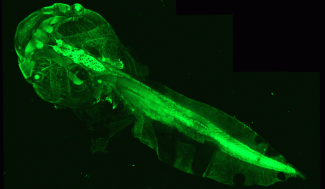
No treatment currently exists that can stop the silent progression of multiple sclerosis, and many promising drugs have proved ineffective in clinical trials. To reduce this failure rate and better predict the potential of candidate molecules...
03.03.2023
Research, science & health
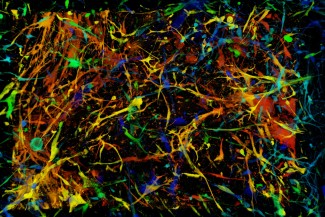
Glioblastomas are the most common malignant tumors of the adult brain. They resist conventional treatment, including surgery, followed by radiation therapy and chemotherapy. Despite thisarmamentarium, glioblastomas inexorably recur. In a new study...
02.24.2023
Research, science & health

Léonie KOBAN and Hilke PLASMANN, researchers in the team "CIA: cognitive control - interoception - attention", have identified a novel brain marker using functional imaging that predicts our preference for immediate rewards over larger later rewards...
02.23.2023
Research, science & health
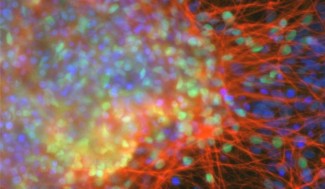
Researchers led by Emmanuel Flamand-Roze, at Paris Brain Institute, have shown that a simple administration of oxygen can alleviate abnormal movement attacks in an orphan disease – alternating hemiplegia of childhood (AHC). These encouraging...
02.21.2023
Research, science & health
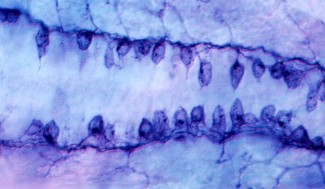
Sensory neurons pick up information from our senses and relay it to the rest of the nervous system. But this is not their only mission. In a new study published in the journal Current Biology, Claire Wyart at Paris Brain Institute, and Christina...
02.20.2023
Research, science & health
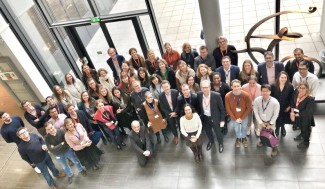
On February 2 and 3, Paris Brain Institute hosted a clinical workshop dedicated to neurodegenerative diseases, as part of the CURE-ND Alliance. The topics covered included: clinical trial platforms, digital assessments and biomarkers, and preventive...
02.09.2023
Teaching & training
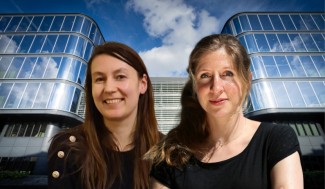
The European Research Council (ERC) has just published the list of the winners of the grants it is about to distribute. This year, two researchers from at the Paris Brain Institute have been distinguished.
02.07.2023
Research, science & health
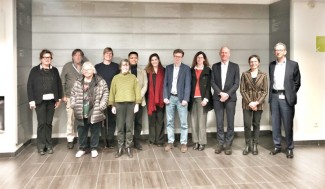
As part of the renewal of its research unit, which takes place every 5 years, the Brain Institute received last week the members of the Scientific Advisory Board (SAB). This is a first decisive step in this strategic evaluation for the Institute.
02.06.2023
Institutional

The acquisition of reading and writing are complex mechanisms whose subtleties we do not yet understand. Fabien Hauw and Laurent Cohen (Inserm, CNRS, Sorbonne University, AP-HP), neurologists at Paris Brain Institute, hope to uncover how we connect...
02.03.2023
Research, science & health
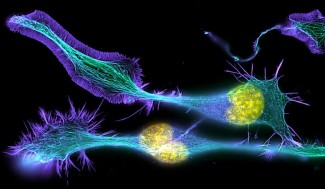
Disinhibition is one of the main symptoms of the behavioural variant frontotemporal dementia (bvFTD), a type of dementia associated with degeneration of the frontal and temporal lobes of the brain. Patients with bvFTD exhibit behaviours that are...
01.30.2023
Research, science & health
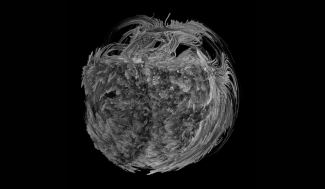
The work of Professor Fanny Mochel (AP-HP, Sorbonne University) at Paris Brain Institute, in collaboration with clinical research teams in eight countries and Spanish biotech Minoryx Therapeutics, has demonstrated the protective effects of...
01.20.2023
Research, science & health

